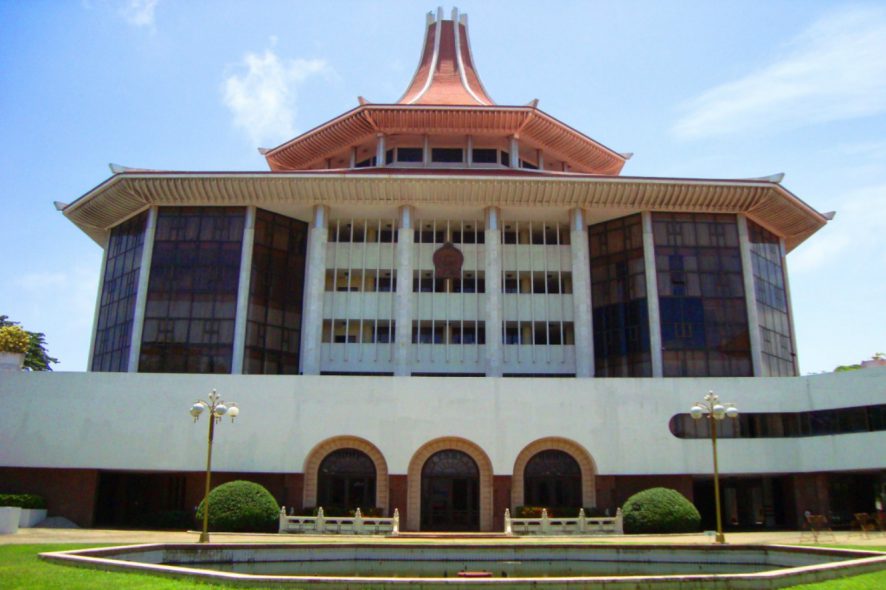Court of Appeal of Sri Lanka: The Bench of Mahinda Samayawardhena, J. dismissed the appeal of the plaintiff seeking a declaration of title to the land in question for the lack of proof given by the plaintiff to show that the property belonged to him and not the rightful owners.
The District Judge dismissed the plaintiff’s action of seeking a declaration of title to the land and hence this appeal was filed. The original owner of the land, upon his death, devolved his rights on his children who then gifted it to the plaintiff. The defendant while seeking dismissal of the action stated that his father was the owner of the said land and by virtue of the Final Partition Decree and upon his death, his rights devolved on his children including the defendant, and thereafter all of them gifted their rights to one of the aforementioned children, and therefore the said child should be a necessary party to this action. Though the plaintiff did not make him a necessary party to the suit. This was the first question that was determined that without making the said person a necessary party plaintiff’s action was futile.
The plaintiff during the course of cross-examination admitted his knowledge about the said partition action and the fact that the defendant’s father was allotted the land by the Final Partition Decree, but he never presented his case either in the plaint or in his evidence in chief in that manner.
The Court held that a person who claims prescriptive title against the rightful owner who has the paper title has a very heavy burden to prove all the requirements prescribed in Section 3 of the Prescription Ordinance. Mere possession over ten years is not prescriptive possession. The possession shall be by a title adverse to or independent of that of the rightful owner. The plaintiff knew the rightful owner. In order to defeat the ownership of an adverse claimant to immovable property, the burden of proof rests squarely and fairly on him to establish a starting point for his or her acquisition of prescriptive rights. The appeal was thus dismissed. [A.G. Upali Hemachandra v. Ajith Naleendra Dias, 2019 SCC OnLine SL CA 2, decided on 18-01-2019]






